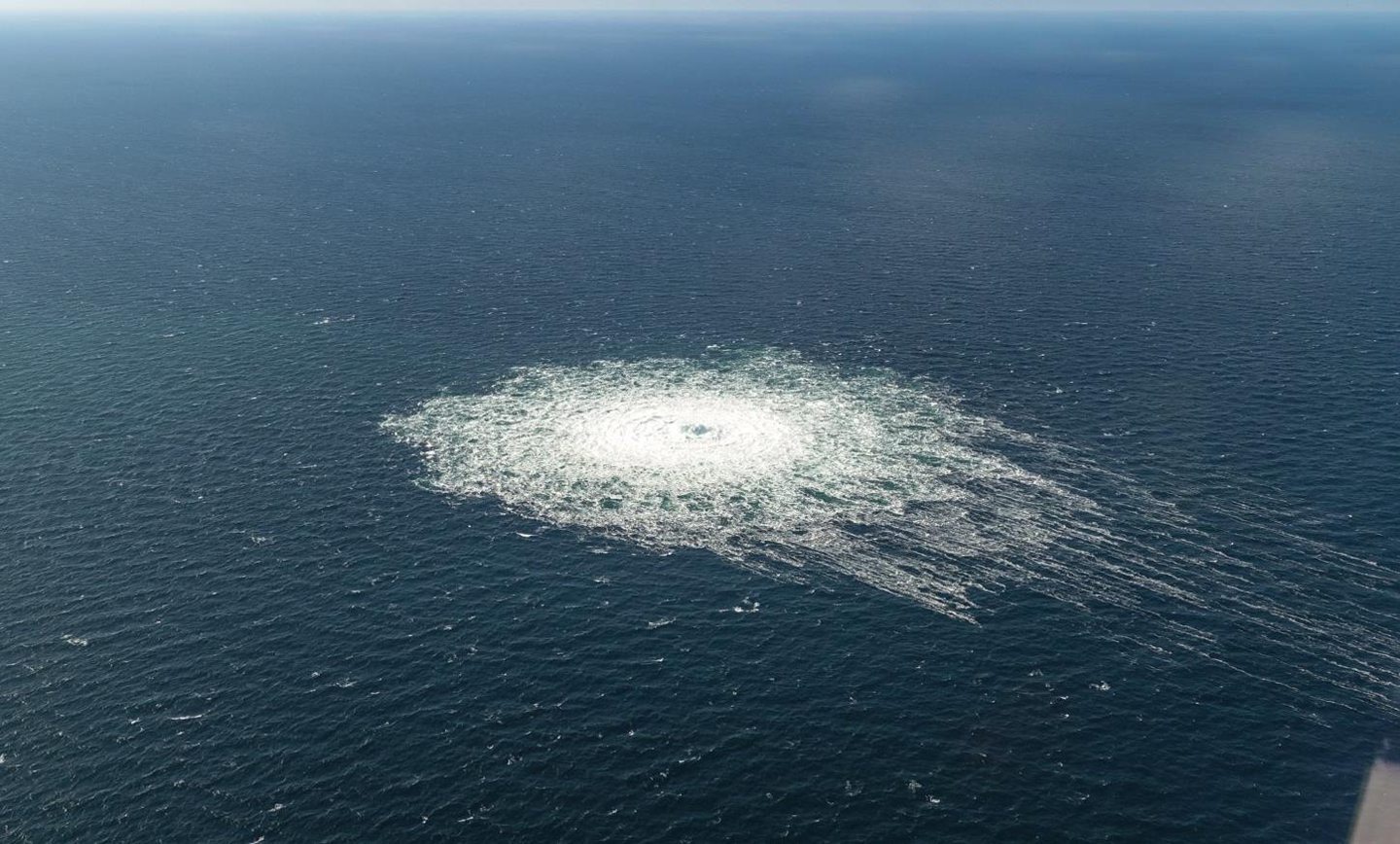Industry reacts to UK government’s gas plant plans and electricity market reforms

The UK, along with five other countries, has signed a declaration to protect energy and telecommunications infrastructure in the North Sea.
An update from the Norwegian government explained that damage to energy pipelines and subsea fibre optic cables has led to an increased focus on securing critical subsea infrastructure in the North Sea.
Norway’s minister of energy Terje Aasland said: “We have a common interest with our neighbours around the North Sea basin to secure critical infrastructure.
“This is essential both for energy security and resilience, and to ensure the safety of those working offshore.
“This joint declaration is an important foundation for ensuring safety and is a clear example that we have common goals. Together we are stronger.”
Belgium, the Netherlands, Germany, Norway, the UK and Denmark have all signed the agreement to protect North Sea infrastructure.
The deal covers subsea fibre optic cables, gas and oil pipelines, electricity transmission cables and offshore wind installations.
Karianne Tung, minister of digitalization and public administration added: “Through cooperation, we will secure the digital infrastructure in the North Sea.
“The submarine fibre cables are crucial for internet traffic between Norway and other countries, and I am pleased that we, together with five other countries, are now further protecting this.
“It is important for our interests, energy production and our maritime activities that we safeguard this infrastructure.”
In September 2022 the Nord Stream, Europe’s biggest pipeline, sprung a leak prompting countries to declare it had been sabotaged.
Nord Stream 1 and 2 sprung several leaks simultaneously, releasing gas into the environment.
Nord Stream 2 said it had recorded a drop in pressure in Line A overnight. It has informed the authorities of Germany, Denmark, Sweden, Finland and Russia, it said in a statement to Russian news agencies.
Danish press reported hearing explosions at the time citing evidence from seismic measuring stations in Sweden and Denmark.
Following this, the Danish Maritime Authority established a no-go zone for five nautical miles around the pipeline.
Upgraded facilities have been delivered for The Royal Scots Dragoon Guards and 2nd Battalion Royal Electrical and Mechanical Engineers, including refurbished o
The UK’s electric vehicle (EV) charging infrastructure has hit a significant milestone, with the number of public charge points surpassing 75,000. According t
National infrastructure service provider MJ Quinn has secured a newly refurbished industrial site in Brierley Hill as part of its ongoing UK ex
Initial work has begun to build a new railway station in Okehampton, Devon. The new 15 million GBP station, named Okehampton Interchange, will connect We